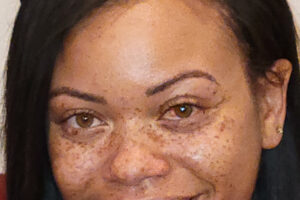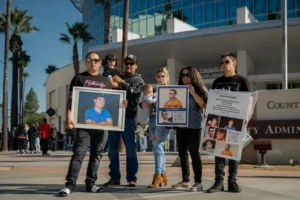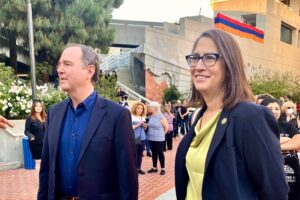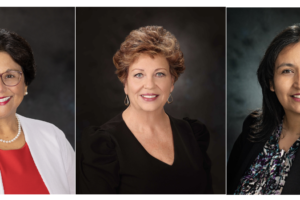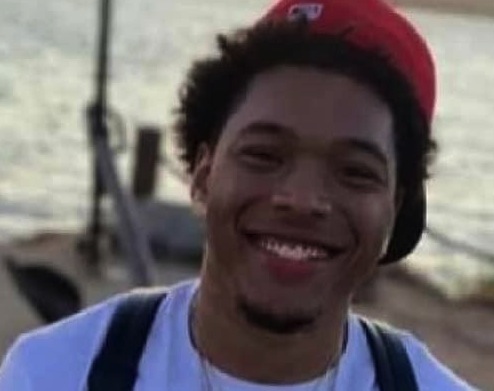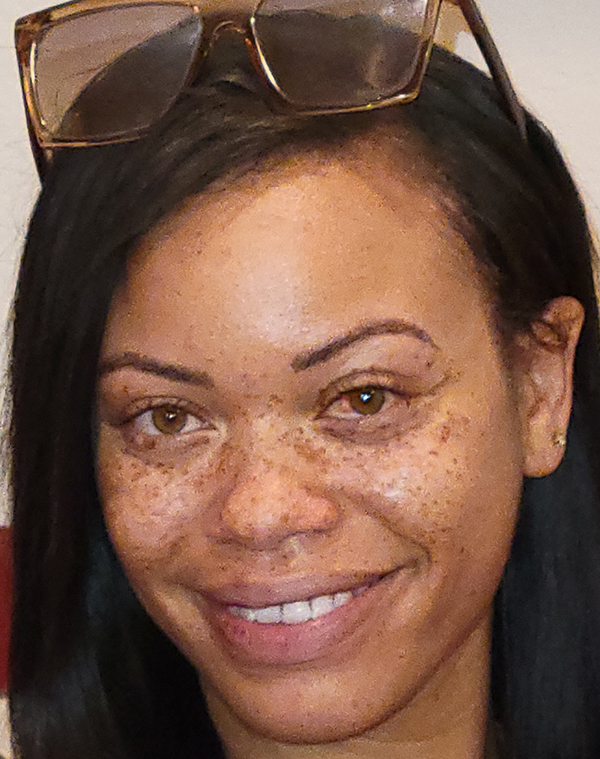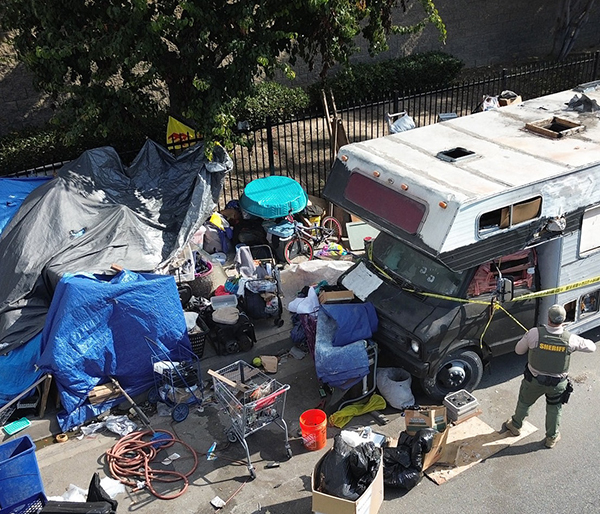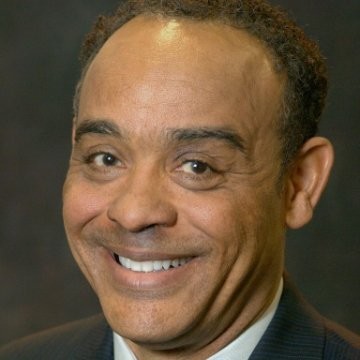THE HUTCHINSON REPORT
By Earl Ofari Hutchinson
Contributing Columnist
The instant the news broke from Bend, Oregon that 22-year-old Barry Washington was shot dead by Ian Cranston in a bar dispute, the messages, emails and calls poured into the Deschutes County District Attorney’s office. They all said one thing: remember Emmett Till.
Till’s murder in 1955 in Mississippi by white men enraged at Till’s alleged flirting with a white woman shocked the nation. It also brought the ancient paranoia, phobia and often deadly consequence of Black men having any hint of interracial intimate relations with white women to the surface. That hint cost Till his life.
The respondents to Washington’s murder said pretty much the same thing. Cranston shot Washington after Washington allegedly made what Cranston considered inappropriate remarks to his white girl friend. Cranston is a white man.
The district attorney minced no words. In announcing the arrest and filing of multiple charges against Cranston, he angrily noted the long and disgraceful history of lynching, murder and maiming of Black men for alleged sexual relations with white women.
Now, the murder of Washington didn’t happen in Mississippi or any other Deep South state. This is not the 1950s in a still deeply racist and segregated America.
Supposedly, there has been a vast sea change in American attitudes toward interracial relations, sex and marriage. To a great extent there has been.
A Pew research poll in 2017, the most comprehensive to date on the subject, found a steep drop among all ages, gender and ethnic groups in opposition to interracial marriage. But there was a cloud.
The poll still found hardened, unyielding attitudes toward interracial marriage among less educated persons and Republican supporters. Even more worrisome, the poll found the hostility toward interracial marriage greatest in many rural areas of the country.
The frozen in time attitude toward interracial relations especially between Black men and white women from this profile warn that non-urban areas such as Bend, Oregon, still hold danger for minorities.
For his part, Cranston claimed there was no racial animus. He said he shot Washington in self-defense following a physical scuffle.
However, an alleged videotape of the shooting purports to show that the N-word and other racial epithets were used during the altercation.
Given the still considerable hostility among a considerable number of whites to interracial sex and marriage, the horrific conclusion is that Washington, an African American, had presumably violated America’s oldest and most enduring taboo: the horror of Black males having sexual relations with white females.
Many, though, are still perplexed that such a despicable notion could be the cause of violence against a Black man.
There has been a major increase in black and white marriages in the past two decades. Many top Black athletes and entertainers and public officials have high profile marriages to white women.
But these marriages still account for only a tiny fraction of total marriages and the overwhelming majority occur in multiracial urban areas.
Many Blacks still know the history of the lynch murders of Till and Mack Charles Parker for the alleged rape of a white woman in 1959. As late as the mid-1950s, interracial marriage was a felony offense in 30 states, with heavy fines and prison terms.
Six years after the Supreme Court struck down school segregation in 1954, 29 states still outlawed Black-white marriages. Maryland and Nevada went further, banning all sexual contact between Blacks and whites.
The civil rights movement and the political emergence of Asian and African nations in the 1960s, however, made anti-miscegenation laws a political liability and the Supreme Court in 1967 finally dumped them. This did not sound the death knell for the taboo.
Though legally unenforceable, bans on interracial marriages remained on the books in 12 states in 1979.
In 1996, an informal survey in Ebony magazine found 40% of Black women and 25% of Black men saying they would not date a person of another race. Even today, many still express the same reservations.
Hollywood and the TV industry and corporate advertisers have gotten much better in depicting Black men and white women in a variety of interracial settings, some intimate. And the polls do show the majority of Americans say they are indifferent to interracial sexual relations.
But there’s still the inescapable fact that Washington is dead. And he’s dead because of the precipitating act of him talking to a white woman in a Bend, Oregon bar.
Anti-miscegenation laws may be buried, and Americans may be more tolerant toward interracial sex, so the notion that someone can be murdered for merely talking to someone of a different race seems far-fetched. Yet, the fact that so many are instantly willing to think the worst about Washington’s death, and that so many Americans, still express fears about white women and Black men dating and marrying, remind us that this oldest of taboos is still very much alive and well.
Earl Ofari Hutchinson is an author and political analyst. His latest book is Bring Back the Poll Tax! — The GOP War on Voting Rights (Middle Passage Press). He also is the host of the weekly Hutchinson Report on KPFK 90.7 FM Los Angeles and the Pacifica Network.


